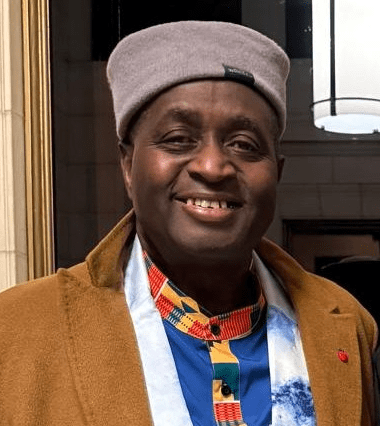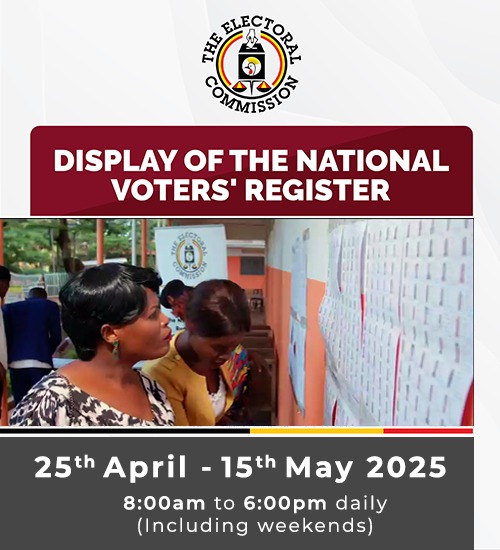By Gigi Zamora & ResearchFinds News Team
KAMPALA, UGANDA: In a significant move to advance Artificial Intelligence (AI) in Africa, the Bill & Melinda Gates Foundation has allocated $30 million towards a new AI platform that will support scientists in developing solutions for healthcare and social challenges across the continent.
This initiative, aimed at making AI more accessible and fostering local innovation, reflects Bill Gates’ belief that AI is “the most important advance in technology since the graphical user interface.”
The AI platform’s mission is not only to empower African researchers but also to ensure that AI is developed responsibly, ethically, and inclusively. It encompasses a comprehensive strategy, including the creation of a data repository, and the involvement of technical development experts, and regulatory policy specialists.
Bill Gates emphasized the importance of ensuring that AI benefits everyone, regardless of economic standing. He stated, “Government and philanthropy will need to play a major role in ensuring that it reduces inequity and doesn’t contribute to it. This is the priority for my own work related to AI.”
The Bill & Melinda Gates Foundation’s dedication to bringing AI to low- and middle-income countries has grown over time. Earlier in August, they committed $5 million to fund nearly 50 generative AI projects focused on global health and development in countries like Pakistan and Brazil.

The recent $30 million investment is expected to support African innovators in areas such as health, agriculture, financial services, and innovation, enabling their advancements to reach the forefront.
Addressing the audience at the Grand Challenges Annual Meeting in Dakar, Senegal, Bill Gates noted the goal of having AI applications that reduce inequity on the cutting edge, rather than a decade or more later.
While discussing the challenges posed by AI, Gates mentioned short-term concerns, including ensuring accuracy, addressing copyright issues, and managing deepfakes.
Looking ahead, he pondered on the long-term challenges and the potential transformation of the workforce.
Gates highlighted the transition from a world built around scarcity to a world where AI significantly augments tasks, raising questions about the necessity of human labor.
Bill Gates, currently the world’s ninth richest person with an estimated fortune of $109.5 billion, and his former wife, Melinda French Gates, founded the Gates Foundation in 2000.
They have dedicated vast resources to vaccine research, gender equality, college scholarships, and other philanthropic endeavors. With assets of $67.3 billion as of December 2022, the Gates Foundation is the world’s largest private charitable foundation.
The foundation’s commitment to promoting AI in Africa underscores the growing significance of technology in addressing global challenges and fostering equitable development.
AI in Africa: The Current Landscape
In recent years, the African continent has experienced a striking surge in the adoption of Artificial Intelligence (AI). It’s a revolution driven by a multitude of investments and initiatives aimed at unlocking the potential of this transformative technology. According to a recent report by the African Development Bank:
As of 2022, the AI market in Africa was on a trajectory to reach an estimated $46 billion, a clear indicator of the continent’s burgeoning interest in AI applications.
Countries like South Africa, Nigeria, Kenya, and Egypt have carved out their niches as AI hubs. These nations have witnessed the proliferation of startups and research institutions fervently dedicated to the development of AI technologies.
AI’s versatile prowess is being harnessed to actively tackle critical challenges across diverse sectors. Healthcare, agriculture, finance, and education are among the domains witnessing the application of AI to address pressing issues.
Uganda’s AI Progress
Uganda, the Pearl of Africa, is no exception when it comes to embracing the AI revolution. Here are some of the promising developments within this East African nation:
In the year 2021, Uganda proudly unfurled the banner of the AI Research Center at Makerere University. This notable institution is committed to advancing AI research, fostering innovation, and nurturing the growth of AI within the country.
The Ugandan government has teamed up with tech firms to launch AI-powered solutions. These solutions are specifically designed to enhance healthcare accessibility and diagnostics, with a particular focus on underserved rural areas.
Academic institutions in Uganda have stepped up to the plate by offering AI-related courses and programs. This educational initiative is geared towards equipping the younger generation with valuable AI skills, ensuring they are well-prepared for the future of technology.
Last year, the government launched a report on the 4th Industrial Revolution strategy the country is poised to take.
With these significant strides in AI adoption and development, Uganda and the broader African landscape are poised to harness the immense potential of AI technology to drive innovation, address societal challenges, and empower the next generation of AI professionals.
Additional content sourced from Forbes.com

















